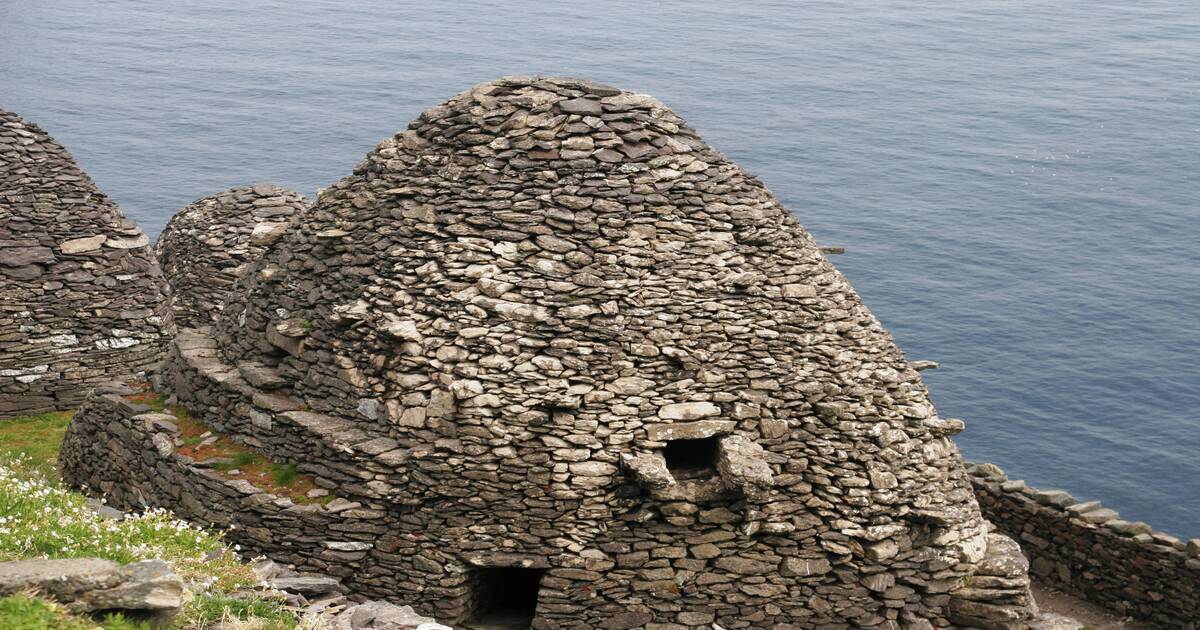a post I made in off topic got me thinking about this.
I'm not a religious enough person to know exactly.
Why would a devoted person give up the religion they already have for another one? Yeah I know people change. I've been known as a flip flopper about some issues. But nothing as personal as religion. I've pretty much had the same religious beliefs all my life.
So that's why I can't understand how a new religion could "spread". I'm mainly thinking about Jehovah's Witness and LDs. Islam had the threat of force and war to push the spread of that religion.
Enlighten me please. And don't give me a civ4 definition of open borders or trade routes.
On a side note, what would it take to give up your current religious beliefs for something else?
I'm not a religious enough person to know exactly.
Why would a devoted person give up the religion they already have for another one? Yeah I know people change. I've been known as a flip flopper about some issues. But nothing as personal as religion. I've pretty much had the same religious beliefs all my life.
So that's why I can't understand how a new religion could "spread". I'm mainly thinking about Jehovah's Witness and LDs. Islam had the threat of force and war to push the spread of that religion.
Enlighten me please. And don't give me a civ4 definition of open borders or trade routes.

On a side note, what would it take to give up your current religious beliefs for something else?
 errrr, I mean spectacles. Maybe people got fed up with gods who were nastier than most of their neighbors.
errrr, I mean spectacles. Maybe people got fed up with gods who were nastier than most of their neighbors.


Comment